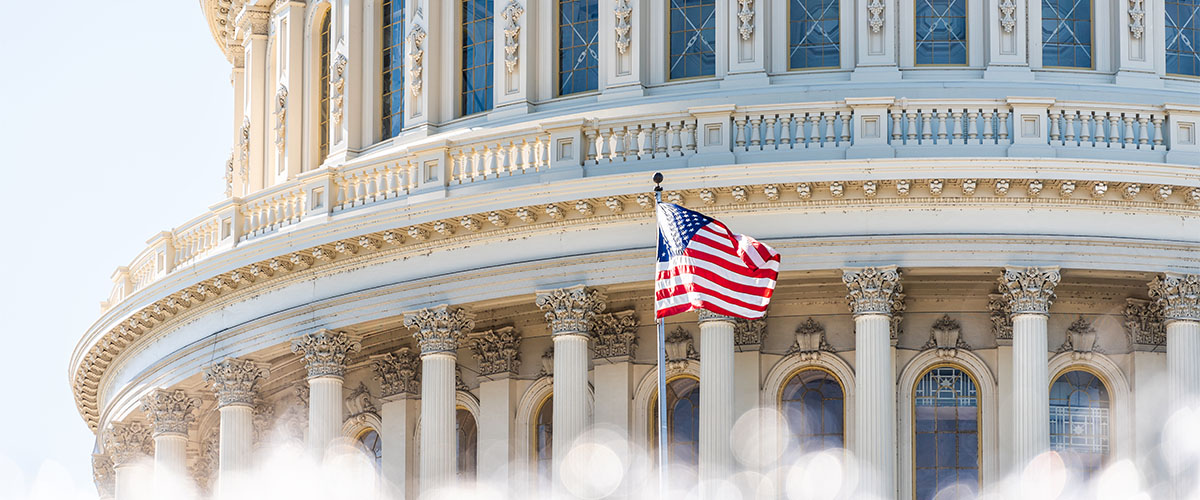Wednesday’s unique Senate Drug Caucus hearing invited experts to testify on the public health impacts of cannabis.
The Senate International Narcotics Control Caucus held a hearing on marijuana and public health on Wednesday, inviting academia experts and federal agency officials to share their expert opinions.
The hearing entitled “Marijuana and America’s Health: Questions and Issues for Policy Makers” featured several witnesses that have expressed anti-cannabis sentiments in the past. Both caucus chairs, Sens. John Cornyn (R-TX) and Dianne Feinstein (D-CA), have historically opposed cannabis reform.
“We’re hearing a lot of the same happy talk with regard to marijuana and none of the facts that we need to understand about the public health impact of marijuana use,” Cornyn said during a speech on the Senate floor on Tuesday, one day prior to the hearing.
During the hearing, Cornyn said he would be open to discussing cannabis reform legislation with colleagues but voiced concerns over legalization, saying, “We lack definitive evidence on the short- and long-term health implications of marijuana use.”
Feinstein acknowledged that cannabis is “much more complex” than she had originally believed, and admitted she knows of people who are benefitting from its use.
The Senate International Narcotics Control Caucus, also known as the Drug Caucus, was formed in the 1980s at the height of the War on Drugs. Most of the caucus’ work is dedicated to combating illegal drug trafficking around the world.
Hearing Witnesses
Witnesses that testified at the hearing today include Jerome Adams, MD, the Surgeon General of the United States who has made it clear he is skeptical of cannabis reform. Last month, Adams issued an advisory against adolescents and pregnant women using marijuana. He told the senators on Wednesday that state-level marijuana legalization has resulted in an “enormous and poorly informed national public health experiment.”
The list of witnesses also included Nora Volkow, Director of the National Institute of Drug Abuse who, while uncertain of cannabis’ medical benefits, does believe that its status as a Schedule I narcotic has prevented valuable research. Volkow reiterated her concern to senators during her testimony, expressing that marijuana research is impeded by cannabis’ classification under the Controlled Substances Act. Adams has indicated he agrees with Volkow on this point in the past.
Other witnesses that testified include Robert Fitzgerald, Professor of Pathology, University of California-San Diego; Staci Gruber, Associate Professor of Psychiatry, Harvard Medical School; Sean Hennessy, Professor of Epidemiology, University of Pennsylvania; and Madeline Meier, Assistant Professor of Psychology at Arizona State University.
The four professors gave testimony during the caucus’ second panel.
Fitzgerald and Gruber have advocated in the past that their respective schools take up cannabis research. Both have studied the effects of cannabis in the past.
A Unique Hearing
What makes Wednesday’s Senate hearing especially notable is that committees, rather than caucuses, generally holding hearings. Besides the Democratic and Republican Caucuses, there are many other issue-based caucuses within the House and Senate.
The scheduling of the hearing may be related to Cornyn, one of the caucus co-chairs, who had previously said he wanted to hold such a hearing before the SAFE Banking bill was put to a floor vote in the Senate.
That legislation, which was historically approved by the House in August, would allow banks to service cannabis businesses in states that legalize medical or recreational marijuana. Sen. Mike Crapo (R-ID), Chair of the Senate Banking Committee, has said he plans to a hearing on it by the end of the year.
While Cornyn may have been trying to use the hearing as a tool to express prohibitionist beliefs regarding cannabis, not everyone is pessimistic about the event.
“While many of the members of the Drug Caucus are traditional prohibitionists, expanding the dialogue in the Senate is crucial to our ability to move legislation through the chamber,” said NORML Political Director Justin Strekal.
“It is our hope that lawmakers serve as representatives of their constituents, a majority of whom oppose federal criminalization and support a regulated consumer marketplace,” he added.
Latest in Cannabis
Visit our news page to get the latest reports on cannabis politics, business, and scientific research.






